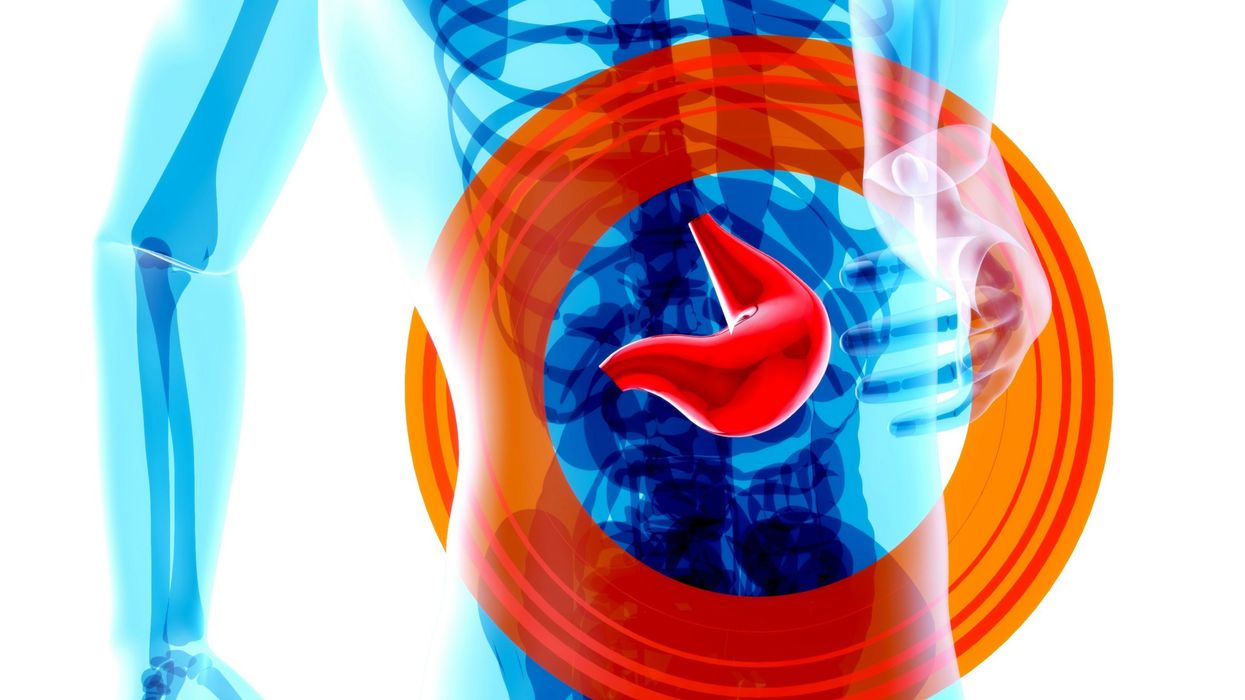Digestive health has long been a topic discussed in hushed tones, often relegated to private conversations with healthcare providers. However, a growing trend among younger adults is changing this narrative. More and more millennials and Gen Zers are taking to social media and other public platforms to share their experiences with digestive disorders. This shift towards openness is helping to get rid of stigma about these conditions and foster a supportive community for those affected.
The Rise of Openness
Historically, digestive issues such as Irritable Bowel Syndrome (IBS), Crohn’s disease, and ulcerative colitis have been associated with significant stigma. Many sufferers have felt embarrassed to discuss their symptoms, leading to isolation and a lack of awareness. However, younger generations are breaking these barriers. Platforms like Instagram, TikTok, and Reddit are seeing an influx of users who candidly discuss their digestive health struggles.
According to a survey conducted by the American Gastroenterological Association, nearly 40% of millennials are more likely to discuss their digestive issues openly compared to older generations . This trend is attributed to several factors, including the increasing prevalence of these conditions and the influence of social media, which promotes transparency and vulnerability.
The Role of Social Media Influencers
Social media influencers play a significant role in normalizing discussions about digestive health. Influencers with large followings are sharing their personal stories and encouraging their audience to do the same. For instance, content creators like Jordan Younger, also known as "The Balanced Blonde," have openly shared their struggles with digestive disorders and their journeys towards better health. Younger’s candid discussions about her own experiences with gut health have inspired many to seek help and share their own stories .
Moreover, hashtags such as #guthealth, #IBSAwareness, and #crohnsdisease are gaining popularity, creating virtual communities where individuals can share advice, support, and resources. This sense of community is crucial for those dealing with chronic digestive issues, as it reduces feelings of isolation and provides a platform for sharing coping strategies.
The Impact on Healthcare
This increased openness is also impacting the healthcare industry. More young adults are seeking medical help for their digestive issues, leading to earlier diagnoses and better management of these conditions. A study published in the Journal of Gastroenterology and Hepatology found that younger patients are more proactive in seeking information and treatment for their digestive health compared to older generations .
Healthcare providers are responding to this trend by creating more resources and support systems tailored to younger patients. Online forums, telehealth services, and educational webinars are becoming more prevalent, making it easier for individuals to access the care and information they need.
The Importance of Destigmatization
Letting go of sigma related to digestive disorders is essential for improving the quality of life for those affected. When individuals feel comfortable discussing their health issues, they are more likely to seek help and adhere to treatment plans. This openness also fosters a better understanding of these conditions among the general public, reducing misconceptions and promoting empathy.
The trend of younger adults going public with their digestive problems is a positive step towards greater awareness and acceptance. By continuing to share their stories and support one another, these individuals are paving the way for a more informed and compassionate society.
The increasing openness of younger adults about their digestive health is transforming the landscape of how these conditions are perceived and managed. Social media influencers and virtual communities are playing pivotal roles in normalizing discussions about digestive issues, leading to better support systems and healthcare outcomes. As this trend continues, it holds the promise of a future where digestive disorders are no longer a source of shame but a topic of understanding and support.
References:
- American Gastroenterological Association. (2023). Survey on Millennials and Digestive Health.
- The Balanced Blonde. (2024). Personal Stories and Gut Health.
- Journal of Gastroenterology and Hepatology. (2023). Study on Proactive Healthcare-Seeking Behavior among Young Adults.









 Karla Mingo believes that her greatest gift as a cancer survivor is the ability to live with gratitude and thankfulness.
Karla Mingo believes that her greatest gift as a cancer survivor is the ability to live with gratitude and thankfulness.



